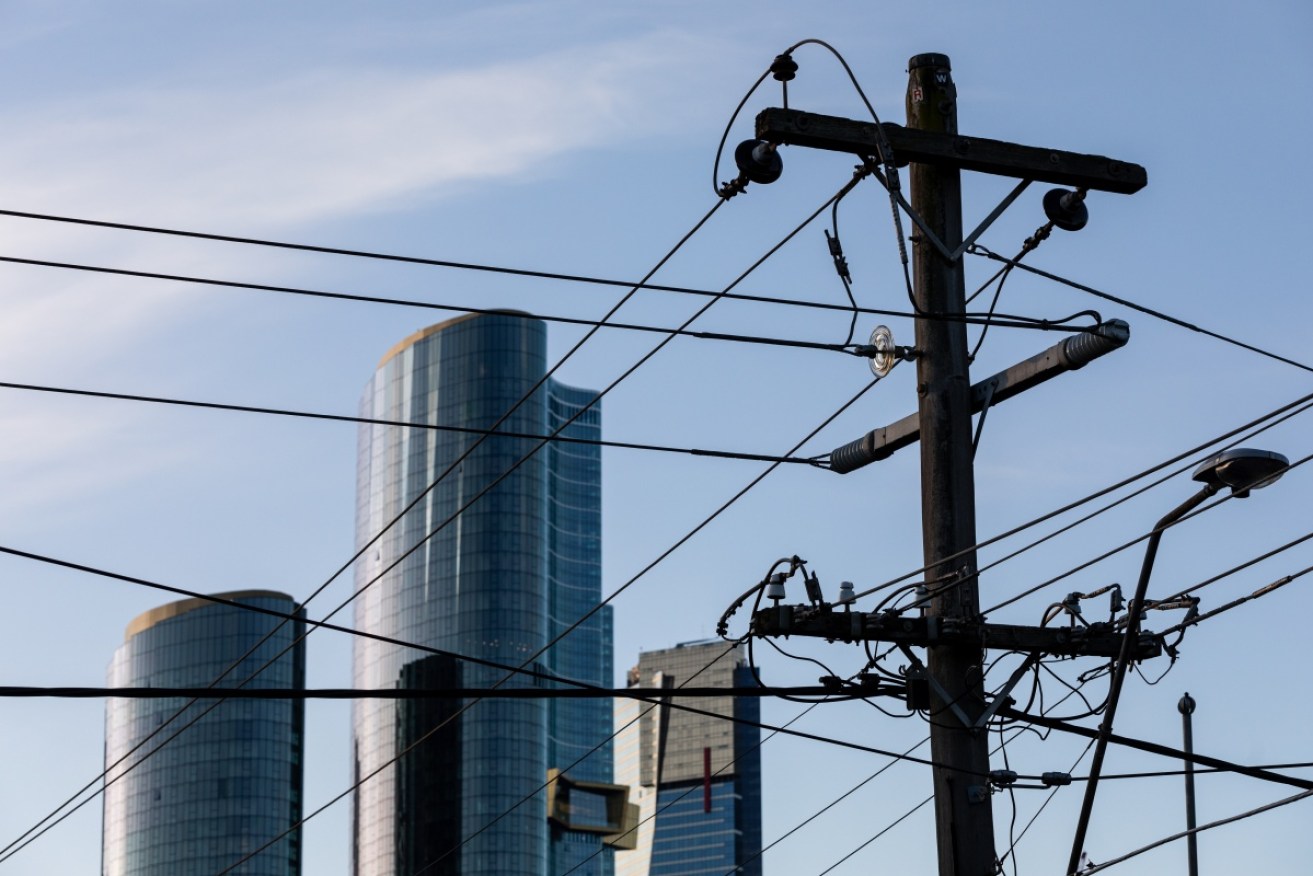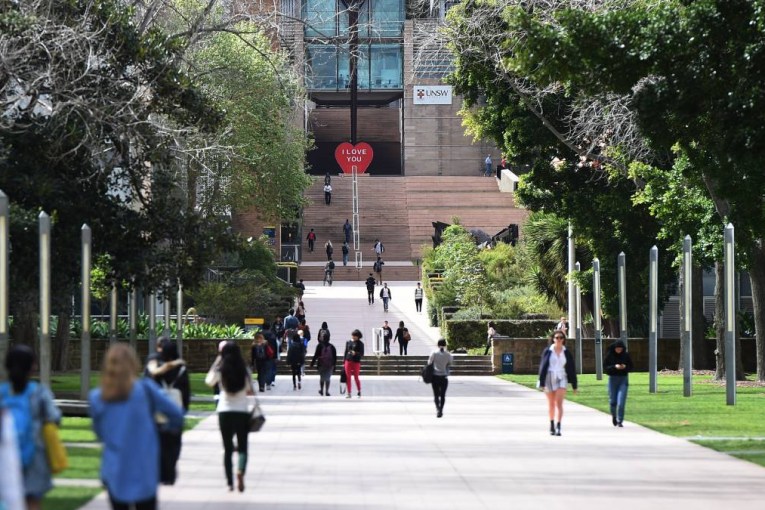Call for energy-efficient building code

Victoria has raised the prospect of federal investment in a revived State Electricity Commission. Photo: AAP
Energy and climate experts, property developers, architects and health professionals have joined forces to call for a building code that will stop Australians living in “glorified tents”.
Property Council boss Ken Morrison says Australia has let itself fall behind international standards over the past 10 years and now is the time to catch up.
Crippling power bills and deaths from increasingly hot summers and cold winters have given fresh impetus to minimum energy efficiency requirements for new homes.
Advocates say strengthening energy provisions in the national code and mandating a 7-star minimum energy standard would reduce the cost of living, cut emissions and improve the quality of Australia’s housing stock.
“As we’ve learned in the pandemic, our homes are our shelter and places of refuge,” Energy Efficiency Council CEO Luke Menzel said on Wednesday.
Improved energy efficiency standards are a “no-brainer” and will play a big part in cutting emissions, he said.
The call for long-sought amendments to the National Construction Code comes two weeks ahead of a meeting of federal, state and territory ministers.
“This is Australia’s opportunity to improve its energy efficiency standards which will make our homes safer, more efficient, more affordable and help to address climate change,” Climate Council CEO Amanda McKenzie said.
“Many Australians are currently living in glorified tents.”
The statement signed by more than 100 organisations says the stricter code would cut emissions by up to 78 million tonnes by 2050 and reduce deaths during extremely cold or hot weather.
The move could also lower the cost of electricity grid upgrades by up to $12.6 billion by 2050 and reduce poverty by ensuring higher standards and lower power bills in new social housing and private rentals.
Mandating the 7-star energy rating could slash the average household energy bill by up to $576 a year, according to official data.
The proposed changes to the code include introducing a whole-of-home “energy budget” for fixed appliances for hot water, heating, cooling and pool pumps.
Industry would be granted a 12-month transition period under the proposals.
– AAP







